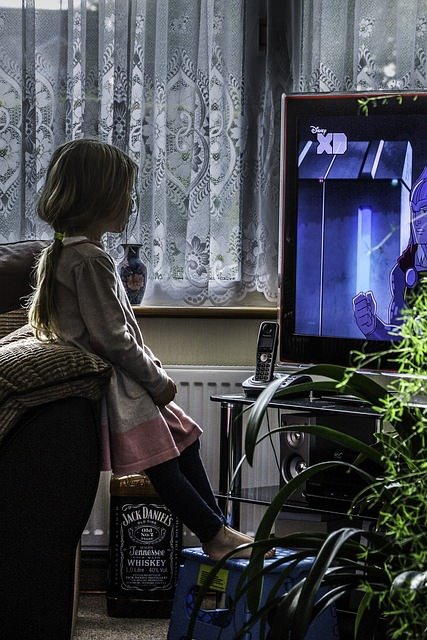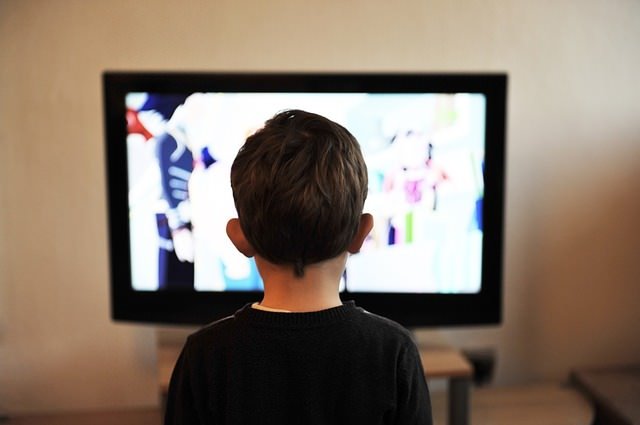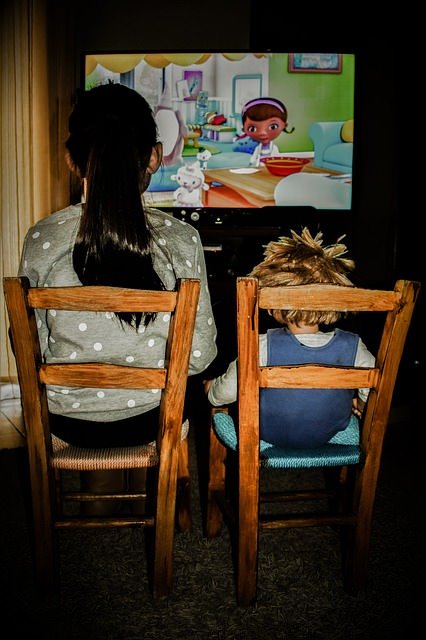
For many years people have been debating whether or not they should let their children watch various television programs including certain movies and cartoons and adults despite their cartoon-y appearance. In-between those programs, TV stations play advertisements to with children are being exposed while waiting for their favorite shows to appear on the screen. Parents argue if children should be watching advertisements and commercials aimed at them at all and whether television should stray from airing such adverts.
So let's pose the question to ourselves: Should adverts aimed at children be banned?

First of all, some people say that TV commercials only stupefy children rendering them easy targets for companies selling various products. They say that children cannot properly understand messages coming from those commercials and that is true. According to Judith Page, the author of the book Television and child development: "[...] we need a better understanding of how children's knowledge and understanding of advertising comes into play as children view, interpret and judge commercial messages." (163) However, she also states that commercials may have positive effects on children and that they may help children acknowledge how persuasiveness works. Watching and trying to understand commercials may help children develop their skills of deduction and analysis. The current generation of children grows and develops in times of the internet full of pop-up and unclosable adverts waiting for them on every corner to show up and applaud them for winning a lottery or a new car. Children watching YouTube instead of the "old, boring television" are constantly exposed to seeing commercials as they very often lead before videos start, in order for the YouTube content creator to monetize their work. As wrong as it may sound, children nowadays are well aware not only the existence of commercials but also of how they work and what is their purpose . On top of that Internet commercials are often far more interesting than those showing up on the television screens, which in itself renders them entertaining to watch without having to worry about the consequences they may or may not bring .
Second of all, many people claim that children should not watch adverts as they are often filled with subliminal imagery and messages which could potentially influence children and affect their future choices and their view on various matters in the future. Those people support their claima saying that childhood is the time of innocence and vulnerable children should not be left prone to the negative effects of commercials. However, we have to ask ourselves the question whether children are and behave in the same way as they did in previous generations and whether or not they need constant and thourough protection and permission in everything they do. We have to take into consideration the fact that family models have changed and that they do not necessarily apply today. According to Christine Wright, children of today living in families where both parents are usually absent, working in their job - hence being prone to unadvised watching of television - are more aware than children of the past generations when it comes to making decisions what to spend their money on. (275-281)

Third of all, people say that advertisements aimed at children should be banned because children are immersed into watching television and commercials wasting their time sitting in front of TVs instead of doing their homework or simply interacting with their peers. It is true as long as we do not take care of our children properly and letting them watch television for hours. However, if advised, watching television and commercials may have a positive influence on children and their social interactions.
In conclusion, advertisements aimed at children should not be banned as they may help mold children's character and their identity and may result in the development of their young brains and better interactions with others.
Article written by me 4 years ago during my third academic year at the University of Wroclaw at the Department of English Studies.
Read out loud and edited today by me, using Voice Notepad
Pictures by pixabay.com
Let me know in the comments what you think:
does my old view still hold up today?
Bibliography:
Gunter, Barrie, Caroline Oates, and Mark Blades Advertising to Children on TV. London: Routledge, 2004.
Judith Page. Television and Child Development. London: Lawrence Erlbaum, 2004.
Wright, Christine. "Advertising to children in the 21st century" Advertising to children. London: Sage, 2007